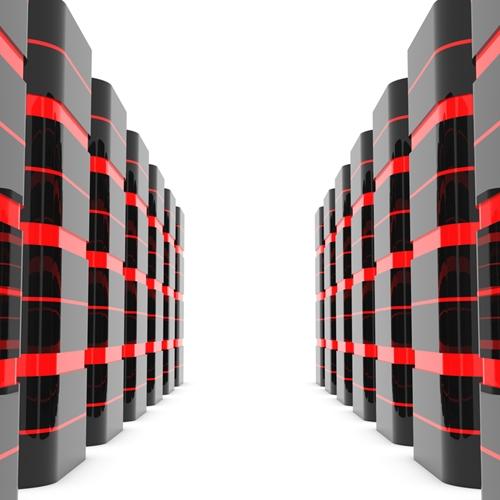Data center market research suggests that the modular data center market is poised for considerable growth in the next four years. As data center operators seek out more cost-effective, flexible facility approaches, modular data centers will become an increasingly popular alternative to brick-and-mortar structures.
HP’s New Modular Data Center Offering
Recently, HP rolled out several new modular data center services, including its Performance Optimized Data Center, or POD, that it calls “the world’s most efficient modular data center,” stated ZDNet. In comparison to a traditional data center, the POD modular facility has the capacity to support over 4,000 servers in 10 percent of the space, and utilizes 95 percent less electricity. Furthermore, PODs also cost 25 percent less and can be installed and online in 12 weeks.
The HP POD can house HP blade servers or third-party servers, providing the ability to create a custom modular facility. ZDNet contributor Dana Gardner noted that the POD’s design, disaster recovery and business continuity capabilities make it an attractive model for operators in a range of industries.
“The modular design, low capital and operating costs and rapid deployment will be of interest to cloud providers, Web 2.0 applications providers, government and oil industry users,” Gardner wrote. “The design and attributes also will help those organizations that need physical servers in a certain geography or jurisdiction for compliance and legal reasons, but at low cost despite the redundancy of workloads.”
HP also unveiled a new Facility-as-a-Service offering, which allows clients to choose from a range of modular data centers under five year service agreements. In this way, clients rent the modular facility instead of purchasing it, building upon the cost effective benefits already provided by such approaches.
As part of the Facility-as-a-Service platform, clients can choose from modular facilities, custom modular or brick-and-mortar structures, HP Flexible DC or the Performance Optimized Data Center. Depending upon their needs, customers can select modules with power capacities ranging from 500 kilowatts to 1,500 kilowatts. Sizes also vary from 20- to 40-foot PODs and other custom modular solutions. The modular facilities also come equipped with the typical data center components like power and cooling systems, data hall space, fire protection, monitoring and security.
Rick Einhorn, HP’s Technology Services Data Center Consulting vice president, noted that this new approach provides operators the ability to shift capital costs to operating expenditures, as well as the scalability to expand as their business does.
Modular Data Center Market Growth
According to a report from MarketsandMarkets, the modular data center market will grow at a compound annual rate of 37.41 percent through 2018. This market expansion will largely come due to operators becoming more aware of the benefits that modular data center can offer over traditional facilities. Overall, the modular data center market will likely reach $40.41 billion by 2018.




